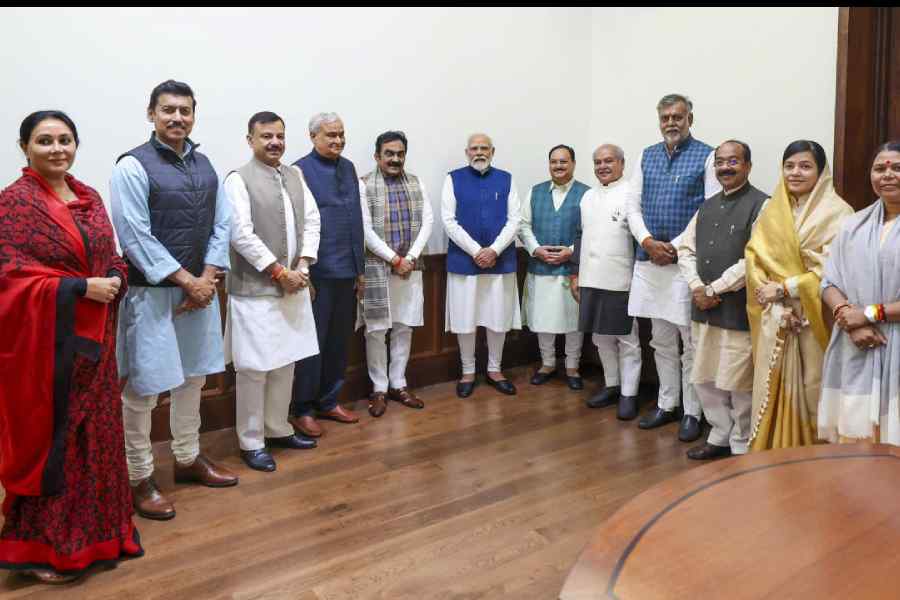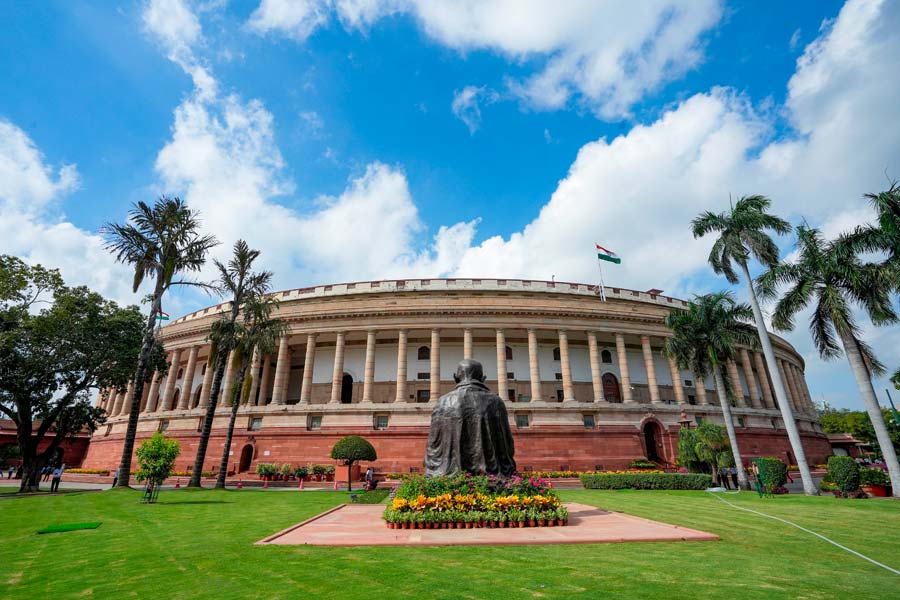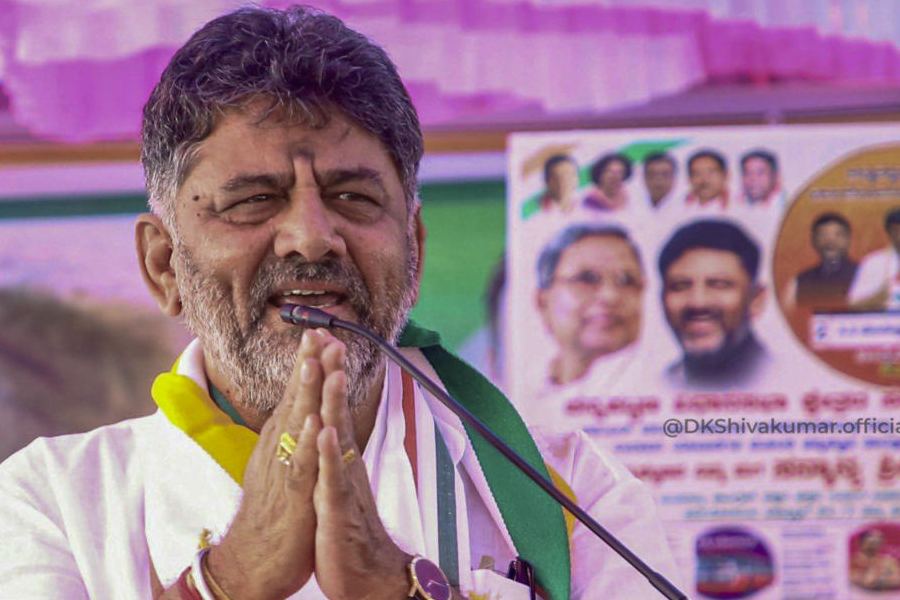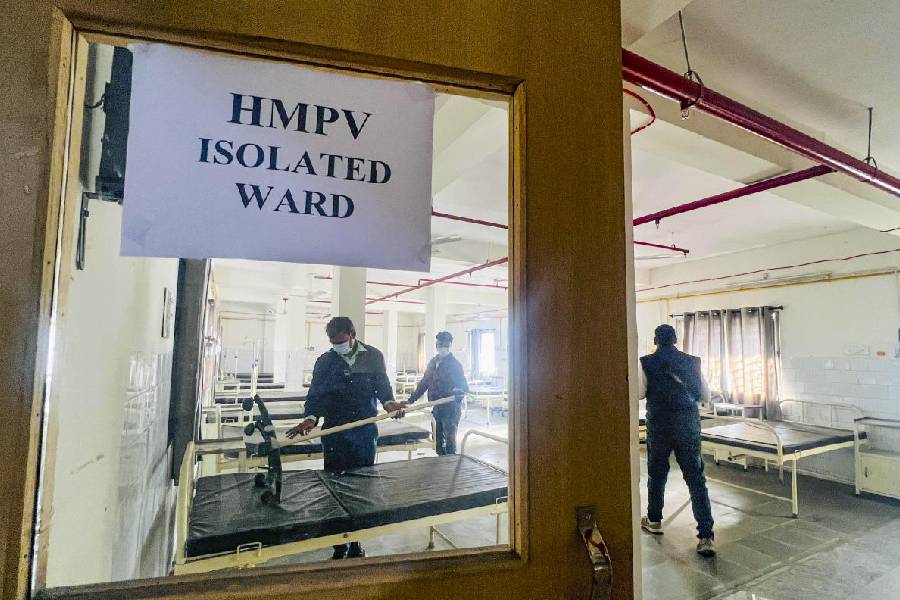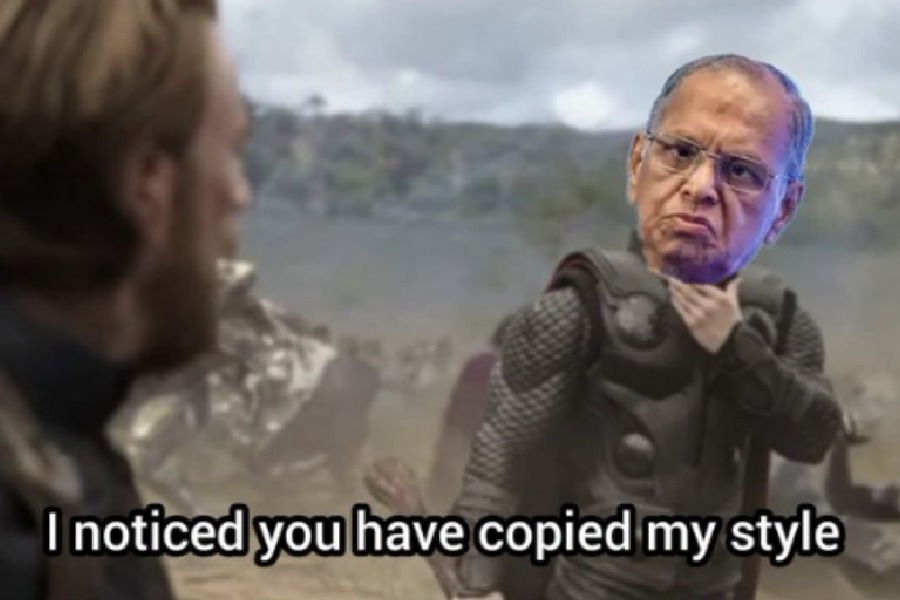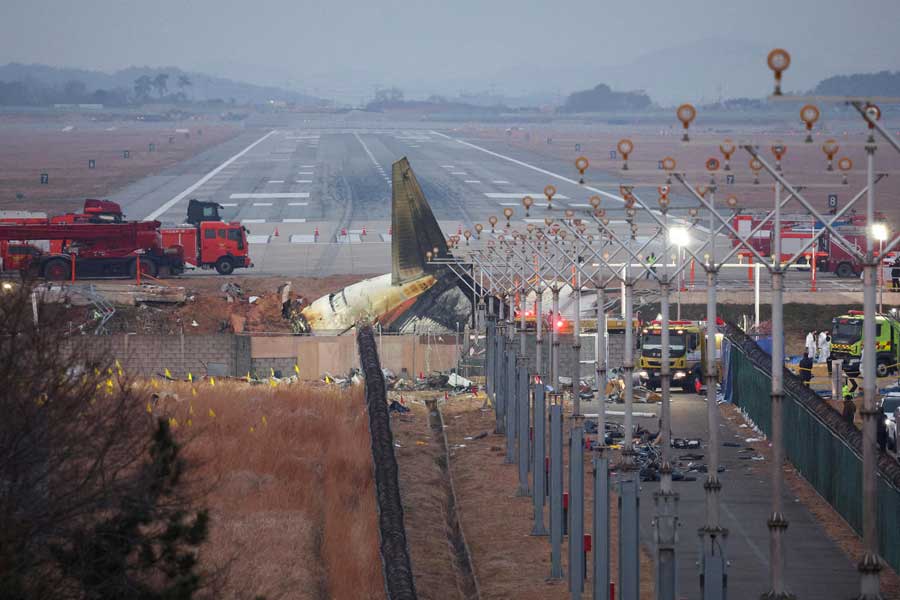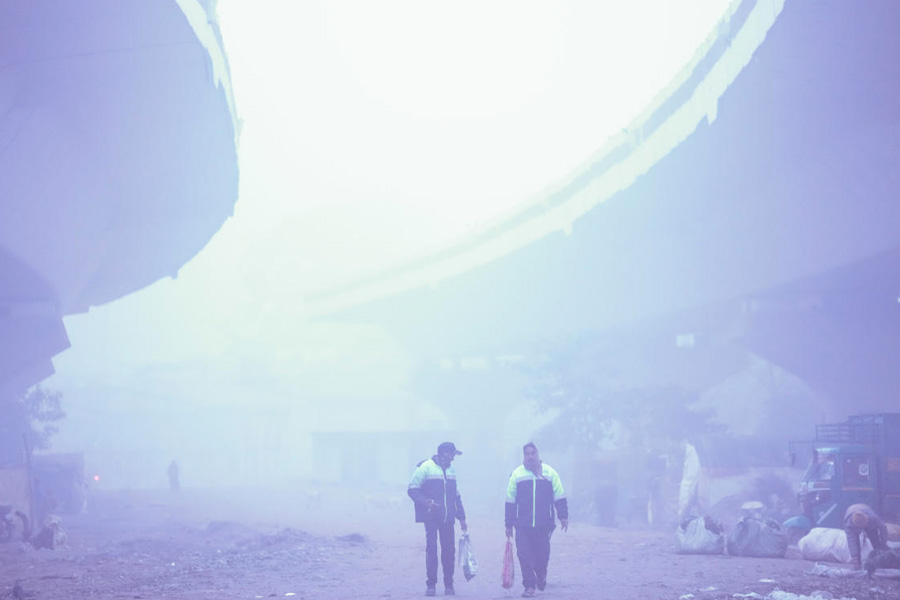In a major manoeuvre that could signal greater consolidation of power by the Narendra Modi-Amit Shah duo, 10 BJP MPs from Madhya Pradesh, Rajasthan and Chhatisgarh who were asked to contest Assembly elections and won, resigned their parliamentary seats and returned to their respective states. They include senior cabinet minister Narendra Singh Tomar and junior minister Prahlad Singh Patel.
All three states, just won by the BJP, have strong BJP satraps whose political careers as chief ministers predate the arrival of Narendra Modi as Prime Minister in 2014. Vasundhara Raje Scindia (Rajasthan), Raman Singh (Chhattisgarh) and Shivraj Singh Chouhan (Madhya Pradesh) were, for a while, chief ministerial colleagues of Modi, who ruled Gujarat.
Wednesday’s move — while the anointment of BJP chief ministers in the three states remains a work in progress behind closed court doors — is being seen by some observers as the precursor to a change of guard across the three states, so effected that the Modi-Shah duo secure firmer grip.
In the words of one BJP leader, this could be the unveiling of the “Gujarat model” across the three states under which the BJP top two assume sweeping powers over affairs of government and party in these states.
In a choreographed act, the 10 MPs first met BJP president J.P. Nadda, who then led them to “take the blessings” of Prime Minister Narendra Modi; thereafter they proceeded to submit their resignations to Lok Sabha Speaker Om Birla as “loyal soldiers of the party”. As collateral reward, the 10 also got a photo-op with Modi.
Tomar (agriculture minister) and Patel (junior minister for food processing and Jal Shakti) will now tender resignations as ministers in the Modi government and await their new assignments as elected MLAs by the bosses. The two are being seen as serious probables for replacing Shivraj Chouhan in Madhya Pradesh. But, of course, nobody knows what fate awaits them, or even Shivraj, party leaders said.
The resignations were seen as an indication of the leadership’s determination
to deploy “fresh and loyal faces” as chief ministers in all the three heartland states, edging out the old guard comprising Shivraj, Vasundhara Raje Scindia and Raman Singh.
The resignations and changes in the state could also prompt Prime Minister Modi to effect a rejig of his cabinet ahead of the 2024 Lok Sabha polls, party leaders said.
BJP leaders said that lady luck can smile on some of those who resigned on Wednesday and they could see themselves elevated as chief ministers while others may have to settle with ministerial portfolios in their states or could even just find themselves downgraded from MPs to MLAs.
“Many of these leaders have been heard saying that they are loyal party soldiers and will serve in whatever role the party assigns them. Now, they will have to walk the talk,” a BJP leader, sidelined under the current regime, said.
Junior minister Prahlad Singh Patel, elected from the Narsinghpur seat in Madhya Pradesh, spoke on similar lines on Wednesday. “I thank my party. After meeting party president J.P. Nadda ji, I took the blessings of PM Modi ji and then gave my resignation to the Lok Sabha Speaker,” Patel said. “In some time, I will also tender my resignation as a (Union) minister,” he added.
Diya Kumari, the MP from Rajsamand in Rajasthan, posted on X that she had resigned on “sanghtan ke aadesh par” (order of the organisation). She is being seen as top contender for the Rajasthan chief minister.
“Today in New Delhi, met Honorable Prime Minister Shri @narendramodi ji and National President of Bharatiya Janata Party Shri @JPNadda ji and other senior leaders of the party, resigned from the membership of Parliament on the orders of the organisation and joined public service as MLA of Vidyadhar Nagar. Let’s move towards this new duty,” Diya posted on X attaching a group photo with the Prime Minister.
The BJP had fielded a total of 21 MPs to contest the recent round of state elections; 12 managed to get elected, 9 lost. The 2 remaining MPs — Baba Balaknath from Rajasthan’s Alwar and Renuka Singh from Chhattisgarh’s Sarguja — were not in Delhi on Wednesday and are set to resign on Thursday.
The BJP’s runaway victories in the three heartland states in which Modi had sought a mandate on his “Modi ki guarantee…” slogan have probably emboldened him to implement what is popularly known as the “Gujarat model” in the BJP. Ahead of the Gujarat elections last year, chief minister Vijay Rupani and his ministers were thrown out in one stroke and replaced with a new set of low-key leaders without any protest. The BJP swept to a record victory in Gujarat for a sixth straight term and it was credited to the sweeping change said to have been driven by Modi in his home state.
Modi, however, had failed to implement a similar model in other states. The old guard like Shivraj in MP and Vasundhara in Rajasthan had successfully held their own and resisted moves to sideline them. An attempt in Karnataka (by removing B.S. Yeddyurappa from the helm) earlier this year and also in Himachal Pradesh (by removing Prem Singh Dhumal) had backfired when the BJP went to polls seeking votes in the name of Modi.
Not anymore, it seems, after the recent round of success in the heartland states. Party leaders said that the central leadership under Modi would now have the last say in deciding who becomes chief minister and what ministers take oath in the three states. It remains to be seen whether Shivraj, Vasundhara and Raman Singh, the last trio from the Atal-Advani era, will be able to resist or out.

